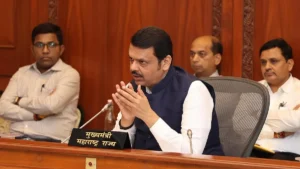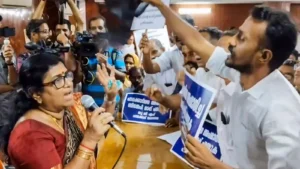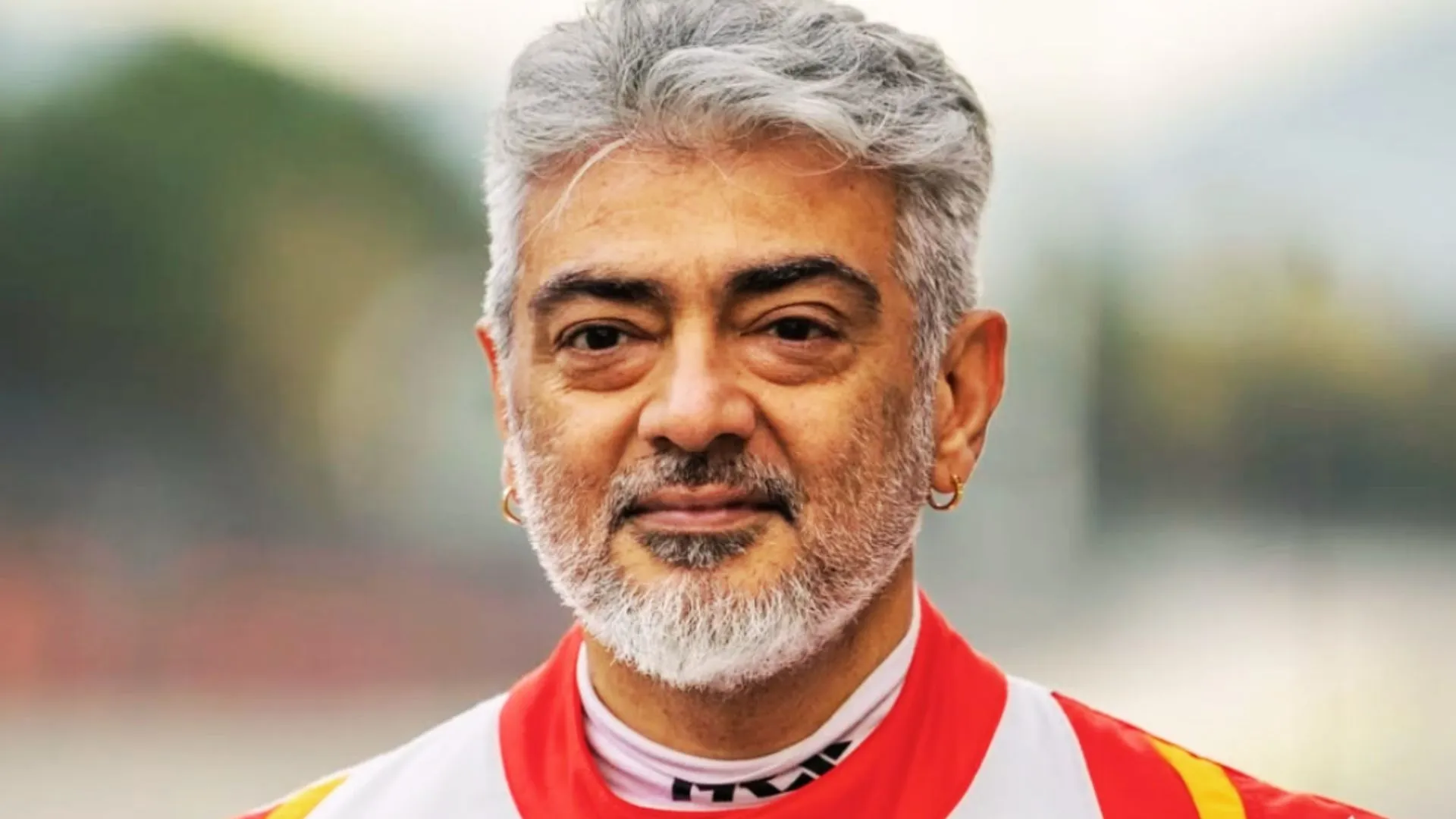The Supreme Court of India is set to review curative petitions from major telecom companies, Bharti Airtel and Vodafone Idea, concerning the ongoing dispute over adjusted gross revenue (AGR). The petitions, which challenge a previous court ruling on AGR dues, will be heard by a three-judge bench led by Chief Justice DY Chandrachud at 1:30 pm.
The curative petitions filed by Airtel, Vodafone Idea, and other telecom operators seek a reconsideration of the Supreme Court’s 2019 judgment that upheld the Department of Telecommunications’ (DoT) definition of AGR. According to the telecom companies, the DoT’s calculation of AGR dues contains significant errors, resulting in “arbitrary” and inflated penalties.
AGR and Its Impact on Telecom Operators
AGR is a critical metric for telecom companies as it determines the annual license fees and spectrum usage charges payable to the government. The definition of AGR has been a contentious issue, with the Supreme Court’s interpretation affecting the financial liabilities of telecom operators. As per the current rules, telecom companies are required to pay a percentage of their AGR as an annual license fee, which directly impacts their profitability.
The Financial Burden of AGR Dues
Both Bharti Airtel and Vodafone Idea filed their curative petitions in September, challenging a Supreme Court order from September 1, 2020, that mandated the payment of AGR dues over a 10-year period. The telecom companies argue that the dues, which amount to over ₹1 trillion, have been calculated incorrectly, leading to excessive financial demands. In July 2021, the Supreme Court dismissed a plea to rectify these alleged errors, further intensifying the financial strain on the companies.
Vodafone Idea has raised concerns about its financial stability, noting that the AGR demands exceed the principal amount owed. The company contends that it acted in good faith in contesting the revenue definitions, but the demands have pushed it into a severe financial crisis.
Payment Schedules and Penalties
The Supreme Court’s 2020 ruling required telecom operators to make an upfront payment of 10 per cent of their dues by March 31, 2021, with the remaining amount to be paid in annual installments over the next decade. The court also made it clear that there would be no re-evaluation of AGR dues, warning that any default in payments would attract interest, penalties, and potential contempt of court charges.
The DoT’s calculations estimate Airtel’s dues at ₹43,980 crore, while Airtel’s own assessment is significantly lower at ₹13,004 crore. Similarly, Vodafone Idea faces a demand of ₹58,254 crore from the DoT, compared to its internal estimate of ₹21,533 crore. Tata Teleservices, another affected party, is contesting a demand of ₹16,798 crore, which it believes should be just ₹2,197 crore.
Awaiting the Court’s Decision
As the Supreme Court prepares to hear the curative petitions today, all eyes are on the outcome, which could have significant implications for the telecom sector and its future in India. The hearing is expected to address the contentious issues surrounding AGR calculations and provide clarity on the financial liabilities facing telecom operators.






















